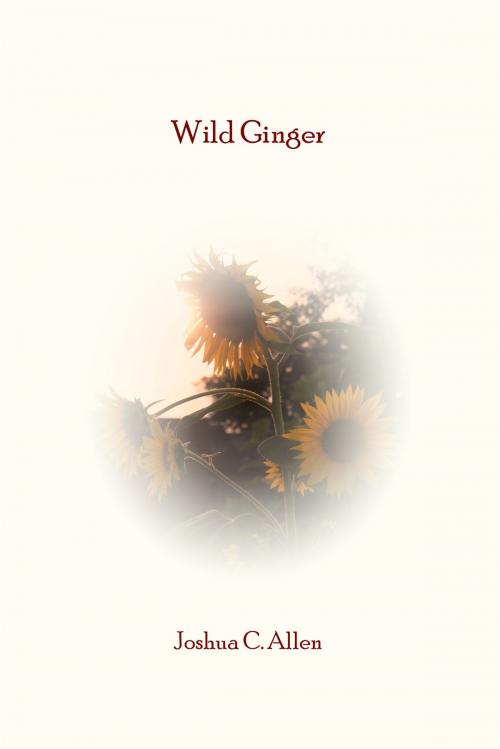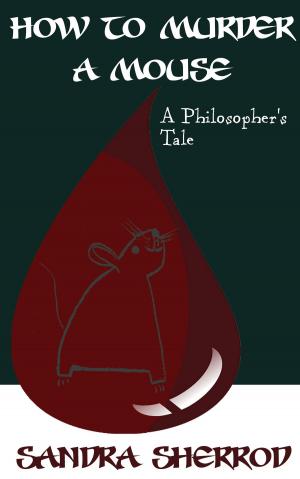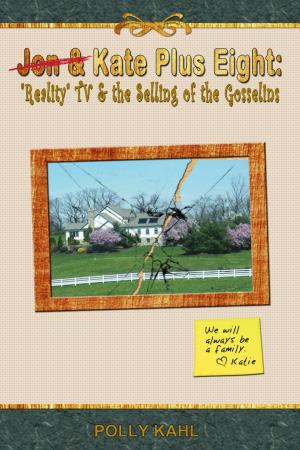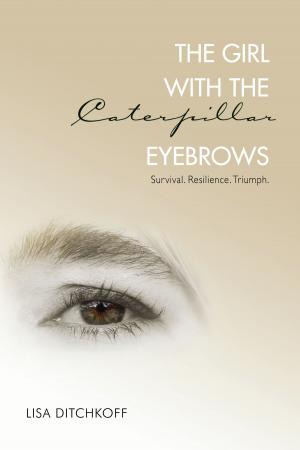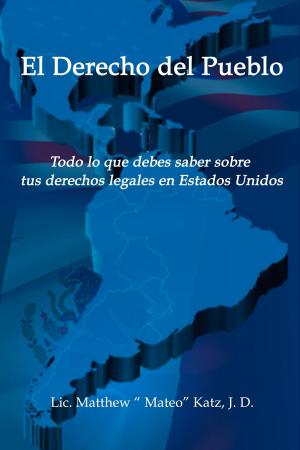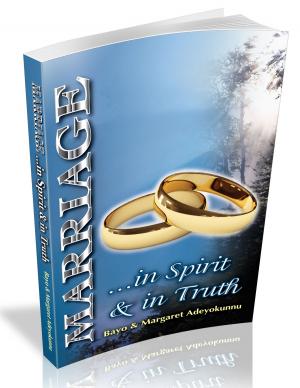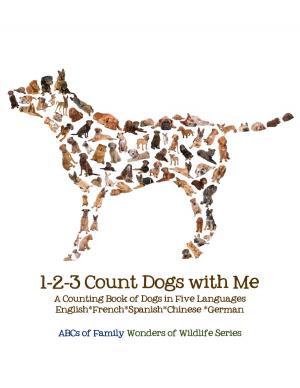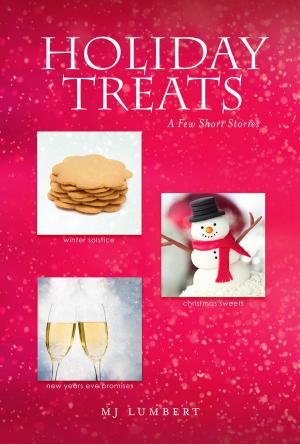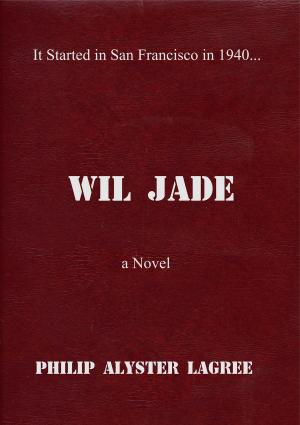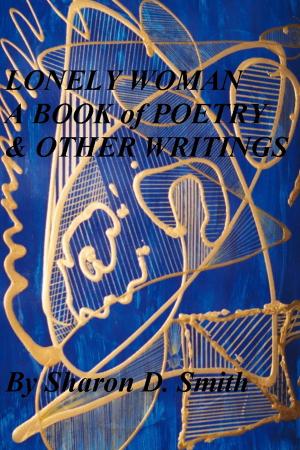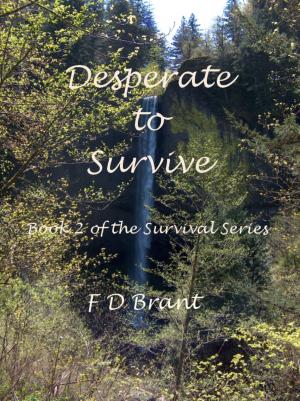| Author: | Joshua C. Allen | ISBN: | 9781483589138 |
| Publisher: | BookBaby | Publication: | December 25, 2016 |
| Imprint: | BookBaby | Language: | English |
| Author: | Joshua C. Allen |
| ISBN: | 9781483589138 |
| Publisher: | BookBaby |
| Publication: | December 25, 2016 |
| Imprint: | BookBaby |
| Language: | English |
My cat ran away in February 2012. She was my first that was wholly my own and not a pet I shared in living with my parents. In that devastation I searched for and purchased a storage container to serve as the basic structure of an earth-bermed cabin to keep from succumbing to the overwhelming despair that gripped me whenever I contemplated what could or might have happened to her. I needed to stay busy. Four nights after she ran away I saw her on my back porch but she took off as soon as I opened the door, which made an unnerving tearing sound when you would open it. The situation had an impossibility to it but I started sleeping with my doors open. I remind you that it was February, so it was frigid. Anything could have entered my home. An opossum could have chewed on my face but nothing ever did, that I know of, except for her three weeks later to the day. It was early in the morning, 6 or so, and she meowed from the kitchen. I awoke in a fright and yelled, "Who's there?" Haha. She was dreaded and smelled stale and musty like she had been in a basement or crawlspace. The book begins here. I had just finished publishing my first poetry book, Where the Honey Meets the Wildcat. It leaves off right where this one begins. I had always been a bit of a nature boy but my communion with the forest and all that inhabits it has continued to deepen in ways I never imagined. This book expresses that more than anything else. I dabbled in haiku composition for awhile and "one breath" poems, the only time I have ever committed to a form. I believe I finally understood it not long before I ceased writing altogether for a time. When I returned my perspective had shifted and haiku no longer came to me. A shame, really. There was peace there and fertility. Not long after I developed a taste for the form I abandoned its 5-7-5 syllable rule. For me, the most precise and effective haiku are expressions of Zen principles and fundamental human experiences, their art being the ability to as simply as possible make the reader feel a satisfaction as if they were present for the experience themselves. The writer does not need 17 syllables to do that. However, more often than not the first and third lines in my haiku had the same number of syllables, for I thought symmetry might perhaps aid in their reception. But not all experiences can be painted that way, whittled down to just one breath of words. Richness is affirming too. I find that no matter what form my poems take, they are always about revelation and insight. I am in love with and as fascinated by life and the potential of my human being as I ever was. In the span of this work I have learned the lesson that I believe was Christopher McCandless' greatest gift to the world: that "happiness is only real when shared." I share this with you.
My cat ran away in February 2012. She was my first that was wholly my own and not a pet I shared in living with my parents. In that devastation I searched for and purchased a storage container to serve as the basic structure of an earth-bermed cabin to keep from succumbing to the overwhelming despair that gripped me whenever I contemplated what could or might have happened to her. I needed to stay busy. Four nights after she ran away I saw her on my back porch but she took off as soon as I opened the door, which made an unnerving tearing sound when you would open it. The situation had an impossibility to it but I started sleeping with my doors open. I remind you that it was February, so it was frigid. Anything could have entered my home. An opossum could have chewed on my face but nothing ever did, that I know of, except for her three weeks later to the day. It was early in the morning, 6 or so, and she meowed from the kitchen. I awoke in a fright and yelled, "Who's there?" Haha. She was dreaded and smelled stale and musty like she had been in a basement or crawlspace. The book begins here. I had just finished publishing my first poetry book, Where the Honey Meets the Wildcat. It leaves off right where this one begins. I had always been a bit of a nature boy but my communion with the forest and all that inhabits it has continued to deepen in ways I never imagined. This book expresses that more than anything else. I dabbled in haiku composition for awhile and "one breath" poems, the only time I have ever committed to a form. I believe I finally understood it not long before I ceased writing altogether for a time. When I returned my perspective had shifted and haiku no longer came to me. A shame, really. There was peace there and fertility. Not long after I developed a taste for the form I abandoned its 5-7-5 syllable rule. For me, the most precise and effective haiku are expressions of Zen principles and fundamental human experiences, their art being the ability to as simply as possible make the reader feel a satisfaction as if they were present for the experience themselves. The writer does not need 17 syllables to do that. However, more often than not the first and third lines in my haiku had the same number of syllables, for I thought symmetry might perhaps aid in their reception. But not all experiences can be painted that way, whittled down to just one breath of words. Richness is affirming too. I find that no matter what form my poems take, they are always about revelation and insight. I am in love with and as fascinated by life and the potential of my human being as I ever was. In the span of this work I have learned the lesson that I believe was Christopher McCandless' greatest gift to the world: that "happiness is only real when shared." I share this with you.
